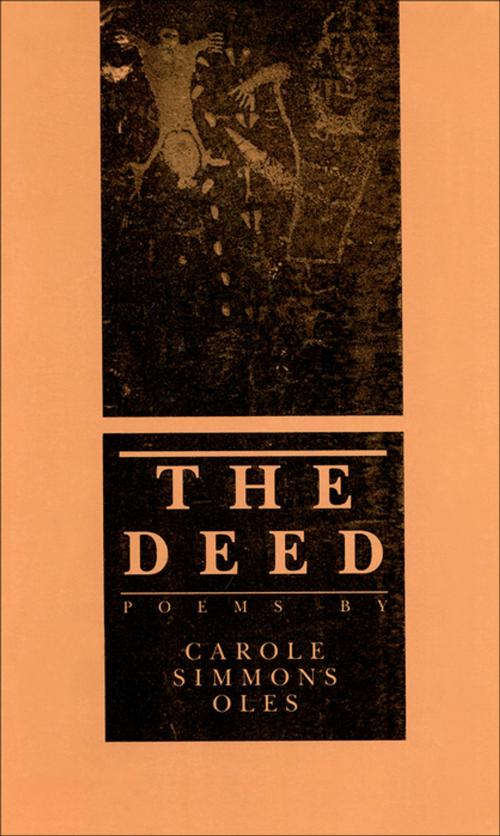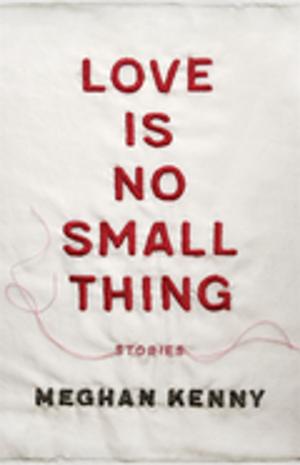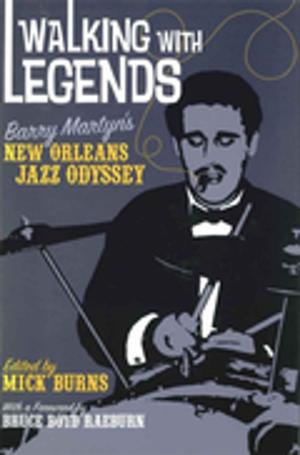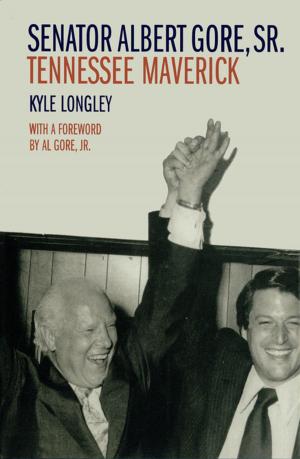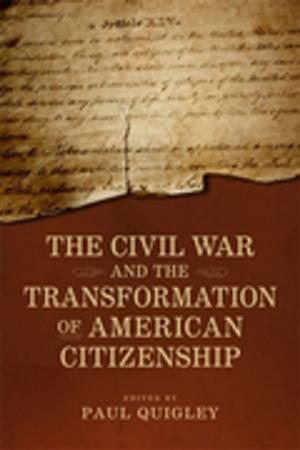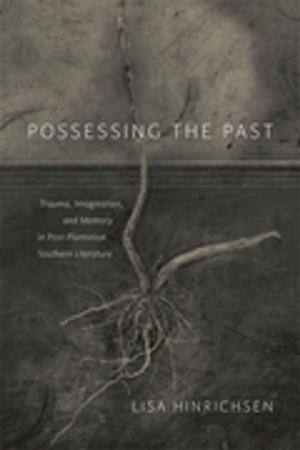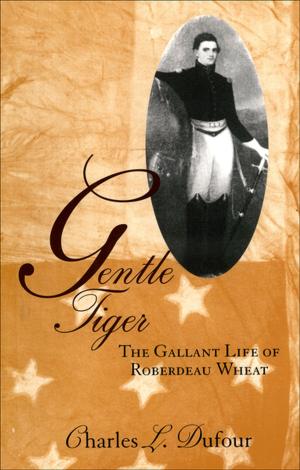| Author: | Carole Simmons Oles | ISBN: | 9780807166154 |
| Publisher: | LSU Press | Publication: | October 1, 1991 |
| Imprint: | LSU Press | Language: | English |
| Author: | Carole Simmons Oles |
| ISBN: | 9780807166154 |
| Publisher: | LSU Press |
| Publication: | October 1, 1991 |
| Imprint: | LSU Press |
| Language: | English |
In Carole Simmons Oles’s fourth collection of poetry, small events of everyday life throw open a door to meditations on the absence of a husband, on the separation from children, and on the sustenance gained from friendship and the sorrow its loss. Each poem has an ambitious range, sure in its leap from subject to subject. “In Time, with Holsteins,” for example, carries us from close observations on the daily life of cows to facts about Indian rites of penance and purification to worry about a friend’s diagnosis of breast cancer.
Even as the poems take their strength from the personal, they are informed by a global concern, the poet’s belief in a network of trust and obligation. “The Radioactive Ball” reflects this concern:
I caught it
and screamed for water.
Someone carried a pail,
I plunged my hands in.
The water boiled.
I wore violet gloves beaded with glass.
Now what do I do with this water.
How can I pick the pail up.
Where should I set it.
How to turn doorknobs and enter rooms
and not lift my child
Is it too late to cut them off.
Where will I bury them.
If I burn them, who
will breathe the air of their burning.
Throw them into the ozone.
Ship them to Mars,
these death hands.
No pockets will have them.
In The Deed, Oles’s strong female voice is dedicated to the exploration of loss tempered by the particulars of pleasure this world offers. In the generous embrace of its vision, this collection will appeal to a wide readership.
In Carole Simmons Oles’s fourth collection of poetry, small events of everyday life throw open a door to meditations on the absence of a husband, on the separation from children, and on the sustenance gained from friendship and the sorrow its loss. Each poem has an ambitious range, sure in its leap from subject to subject. “In Time, with Holsteins,” for example, carries us from close observations on the daily life of cows to facts about Indian rites of penance and purification to worry about a friend’s diagnosis of breast cancer.
Even as the poems take their strength from the personal, they are informed by a global concern, the poet’s belief in a network of trust and obligation. “The Radioactive Ball” reflects this concern:
I caught it
and screamed for water.
Someone carried a pail,
I plunged my hands in.
The water boiled.
I wore violet gloves beaded with glass.
Now what do I do with this water.
How can I pick the pail up.
Where should I set it.
How to turn doorknobs and enter rooms
and not lift my child
Is it too late to cut them off.
Where will I bury them.
If I burn them, who
will breathe the air of their burning.
Throw them into the ozone.
Ship them to Mars,
these death hands.
No pockets will have them.
In The Deed, Oles’s strong female voice is dedicated to the exploration of loss tempered by the particulars of pleasure this world offers. In the generous embrace of its vision, this collection will appeal to a wide readership.
